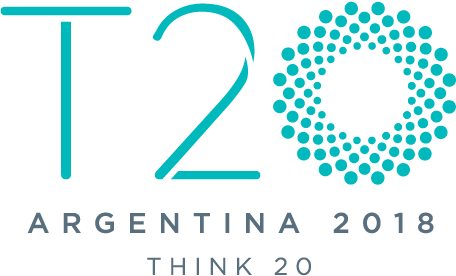“Women make up a little over half the world’s population, but their contribution to measured economic activity, growth, and well-being is far below its potential, with serious macroeconomic consequences. …. The challenges of growth, job creation, and inclusion are closely intertwined.” [Elborgh-Woytek et al., 2013]
As a starting point, this brief recognizes the importance of gender equity for economic growth, societal well-being, and sustainable development. Moreover, the brief acknowledges that while women make up half of the world’s population, most policy, program and government initiatives affect women and men differently. To address gaps in policies, implementation and impacts the authors propose a strategic approach to gender mainstreaming that strengthens inclusive policy making by adding a gender lens and tools for assessing the impact of policies on women and other under-represented groups and targets the determinants of gender inequity, based on three pillars: systematic reviews of policies, laws and regulations that limit women’s economic activity; gender budgeting; and improving the quality of gender disaggregated data to support impact assessments, policy analyses, and advocacy.
The commitment of the Argentine presidency to fostering a gender mainstreaming strategy across the whole G20 agenda and boosting “women’s empowerment, the elimination of gender disparities in employment, science, technology and education, and protection from all forms of gender-based violence.” provides an opportunity for bringing this issue forward for the 2018 G20.
Task Force: Gender Economic Equity
